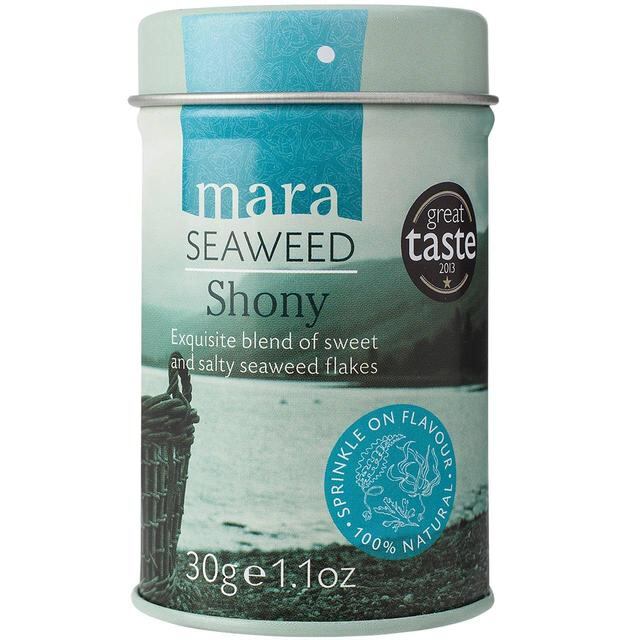The global seaweed industry is valued at an estimated US$6.4bn (€6bn), more than half of which - 12.8m tonnes - is produced in China. Indonesia, the Philippines, Japan and the Republic of Korea account for the bulk of remaining production, according to the UN.
The majority of seaweed produced is for human consumption, either in foods or pharmaceuticals and nutraceuticals. Demand for seaweed is growing in the west, and the industry is set to continue expanding.
However, Fiona Houston, co-founder and CEO of Mara, a Scottish seaweed company, told us “Our share of the global seaweed market currently is negligible… one of our key opportunities is our food safety management and the investment that companies like Mara puts in our technical resource - this means consumers trust that the product they are eating is safe and sustainable.”
Currently 90% of global seaweed is produced in Asia; the annual harvest on the Irish coast is estimated to amount to a mere 25,400 tonnes of a worldwide estimate of 19m wet tonnes. Houston acknowledged that "There are very few statistics on the consumption of edible seaweed in the UK, mainly because the consumption and production at the moment is statistically insignificant."
European consumption is estimated at around 100 tonnes annually, she said, but seaweed is increasing in popularity as greater numbers of studies are released revealing its health benefits and diversity.
Seaweed pollution
Policy advice has been issued warning of disease, pollution and illegal use of pesticides by the UN University's Canadian-based Institute for Water, Environment and Health (UNU-INWEH) and the Scottish Association for Marine Science (SAMS).
Pollution problems
Fear of algae pollution and poisoning is high, with several disasters including the mass poisoning of algae in the Phillipines between 2011 and 2013, and batches of edible Japanese seaweed delivered to Australia containing arsenic 22 times above toxic levels.
A campaign group Breast Cancer Choices also issued a warning against consumption of seaweeds, citing contamination from pesticides, fertilisers, oil-spills, and radioactive fall-out.
The Fukushima Daiichi disaster is thought to have caused major radiation poisoning in Asian seas, the full extent of which is still unknown.
Similarly, poisoning from rotting seaweed on the coast of Brittany, France also forced holiday makers to avoid beaches throughout 2013 and resulted in major loss wildlife. This was thought to be the result of local agriculture.
The report said: “Improving biosecurity, disease prevention and detection measures are critical [...]. The rapid expansion of the industry has been driven by the growing global demand for edible seaweeds that are contaminant-free, with a high level of traceability.”
Celtic cleanliness
Amid these concerns, the twice daily tides on the British coastline make much of it ideal for seaweed cultivation; 97% of Scottish coastline has been rated as in good or excellent condition, according to government agency Scotland's Environment.
Companies selling Cornish and Welsh seaweed products have found success; Bangor University has also recently been granted funds to investigate the industrial potential of Welsh seaweed, where laver alga has long been a national food source.

In Scotland however, the industry is making the most major progress – Mara this week became the first supplier of Scottish and Irish seaweed to British supermarkets; two of its products will be stocked in 450 Morrisons supermarkets around the UK including all those in Scotland. Currently their largest market is the USA.
Both products – Shony and Furikake – are Asian-style food condiments sourced in the British Isles.
Houston said that there could be an opportunity for Irish and British seaweed to take over a significant share of the global industry given its natural advantages, but only “provided it is backed up with investment and good public policy.”
